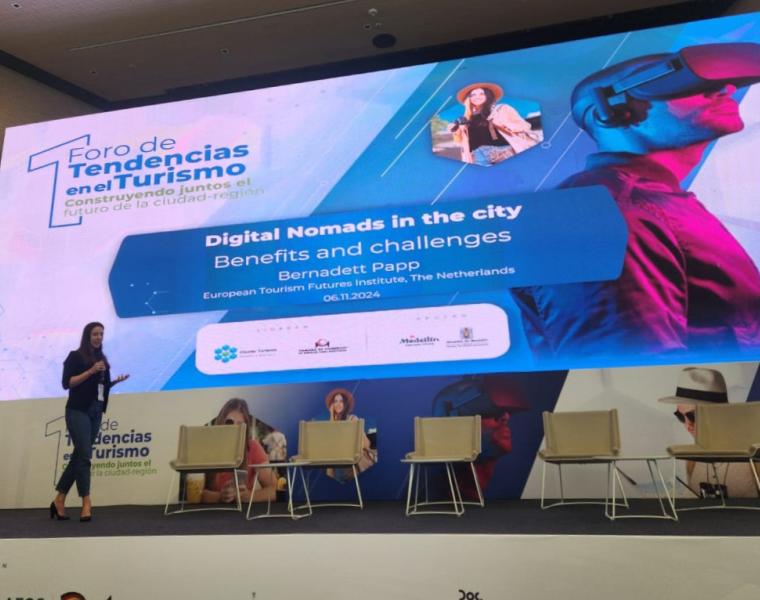Tourism at a Crossroads: A Call for Equity, Accountability and Community Impact
Working with many international partners on the report ‘Creating equitable destinations: How to manage and distribute tourism’s value to better serve communities’ has been a revealing journey. The central idea underpinning our research is that tourism relies heavily on public resources, and it is only fair that it contributes to the public good. When growth models are unbalanced, they lead to an uneven distribution of benefits and value. This often results in the concentration of benefits in the hands of a few, while the burden falls on the broader society. Such imbalances have led to injustices in many tourism destinations, and we are now seeing the consequences: protests and social mobilisations worldwide. Tourism is at risk of losing its social license to operate. We must recognise that we are at a critical turning point.
From our research, we concluded that we have the tools to develop tourism more equitable. We identified 40 different mechanisms and instruments. While none of these tools are new, we aim to demonstrate their potential for benefiting communities and aligning the sector’s development with broader societal goals. We provide detailed accounts of how these instruments can be used, backed by real-life examples. We also highlight the role that DMOs (Destination Management Organisations), NTOs (National Tourism Organisations), or similar bodies can play in driving these initiatives. The possibilities are vast.
The collection of case studies is the outcome of a collaboration among several researchers. The ones I worked on, where I had the opportunity to interview the wonderful experts who initiated or were involved in the interventions, are particularly close to my heart. However, all 25 case studies highlight great efforts and offer valuable lessons.
The report has been well received, and we held a successful launch webinar on October 23rd. We continue to work on media coverage to maintain momentum. Recently, during my trip to Colombia, I discussed the report at an event organised by the Chamber of Commerce in Medellín. I spoke about the impact of digital nomads on urban transformation and the potential to develop this segment based on principles of equity and fairness. The report inspired and insights for my keynote.
I hope that DMOs, NTOs, and others will embrace the report's recommendations and use it as a practical guide to enhance the just distribution of tourism benefits. Building an evidence base of good practices is crucial to shifting the narrative. It's time to move beyond general discussions of benefits, acknowledge the imbalances and inequities, and take action to address them.
Looking ahead, we need to understand better how tourism benefits are distributed. There's a lack of data at both the program and destination levels. To address this, we need new KPIs that offer a more nuanced picture of tourism's contribution. Our next step is to explore what these new KPIs could be and how they can be applied.
Bernadett Papp
Theme Manager Smartness



